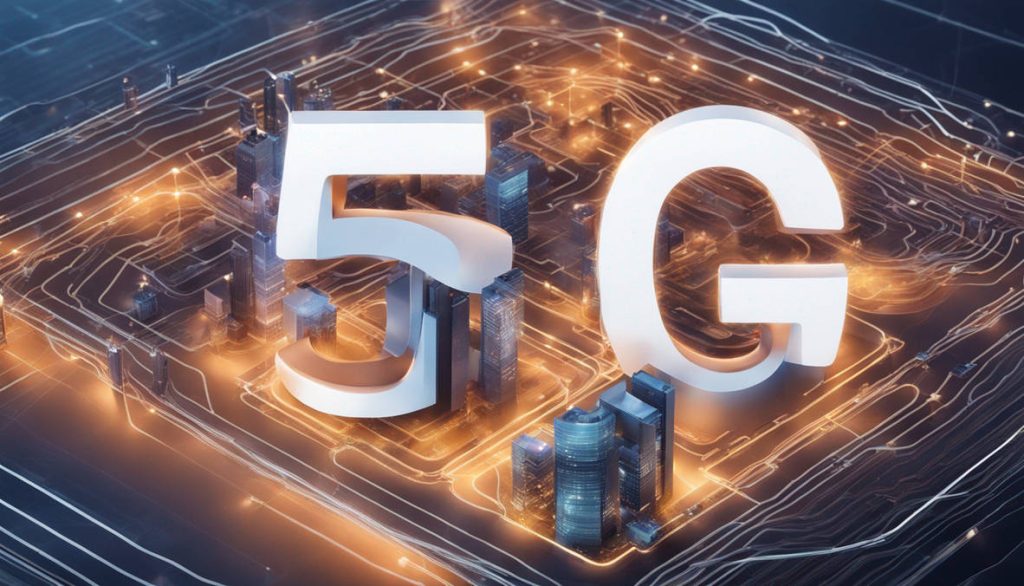Security and convenience are among the biggest concerns for businesses, residential communities, and commercial properties. Many are turning to gate access with license plate (LPR) technology to streamline entry management. An LPR system uses cameras and software to read and verify vehicle plates, granting or denying access automatically. This improves efficiency and security, but it raises questions about data privacy and information protection.
The Role of LPR Systems in Access Control
An LPR system eliminates the need for key fobs, entry codes, or manual gate control. Identifying vehicles in real-time speeds up access for residents, employees, and authorized guests. Gated communities, office buildings, and industrial sites rely on this technology to reduce wait times, prevent unauthorized access, and keep detailed vehicle movement logs.
A logistics hub, for example, benefits from an LPR system by allowing delivery trucks to enter without delays while preventing unauthorized vehicles from gaining access. However, with license plate data being stored and analyzed, organizations must also address privacy concerns and compliance regulations.
Privacy Considerations for Businesses and Property Owners
Any system that collects personal information, including vehicle plate numbers, requires responsible data management. Businesses, homeowners’ associations, and facility managers must ensure that gate access with license plate (LPR) technology is used ethically and legally.
Questions to consider:
- Data storage – how long should access logs be kept? Is the data securely stored and encrypted?
- Access to information – who can view entry logs, and how is that access controlled?
- Compliance with regulations – are local laws being followed regarding data collection and storage?
- Third-party involvement – if an external vendor manages the system, what policies are in place to protect sensitive data?
For example, a residential complex may have residents who worry about their plate numbers being recorded. Clear policies on data retention and access transparency can help ease these concerns and build trust.
Compliance with Privacy Laws and Regulations
Different regions have strict guidelines on data collection and privacy. Businesses using LPR systems must comply with regulations such as:
- CCPA (California Consumer Privacy Act) – in California, property owners must disclose what data they collect and provide an option for individuals to opt-out.
- Local data protection laws – some municipalities require specific consent before collecting and storing license plate information.
Failure to follow these rules can lead to legal action, fines, or loss of customer trust. A company managing gate access with LPR should always review applicable regulations and update policies accordingly.
Protecting Data Without Compromising Security
Balancing security and privacy is crucial. Businesses and property managers can take several steps to ensure that their LPR system remains secure while respecting privacy:
- Encryption: Secure storage of plate recognition data prevents unauthorized access.
- Limited data retention: only store access records for as long as necessary.
- Role-based access: Restrict data access to only authorized personnel.
- Transparent privacy policies : Inform residents, employees, or visitors about how their data is used.
- Secure Integration: Ensure that the LPR system integrates safely with other security technologies without exposing sensitive information.
For example, a corporate office using LPR can implement a policy where access logs are deleted after 30 days unless needed for security investigations.
Industries Where Privacy Matters Most
Some industries require heightened privacy measures. These include:
- Legal and government buildings – High-security environments require strict access control while maintaining compliance with privacy regulations.
- Luxury residential communities – High-profile residents may expect discretion and protection from data exposure.
- Financial institutions – banks and financial offices need strict access policies to prevent unauthorized entry while keeping employee data secure.
Best Practices for Property Owners and Businesses
To ensure a privacy-first approach while using LPR, businesses and property owners should:
- Regularly review data policies to align with changing privacy laws.
- Educate employees and residents on how the system works and how their data is handled.
- Work with reputable vendors that offer secure, privacy-compliant solutions.
- Perform routine security audits to identify vulnerabilities and improve data protection measures.
Conclusion
LPR technology provides a fast and secure way to manage property entry, but privacy must remain a top priority. Organizations that implement strong data protection measures, comply with regulations, and stay ahead of privacy trends will maintain trust while benefiting from this advanced security technology.



